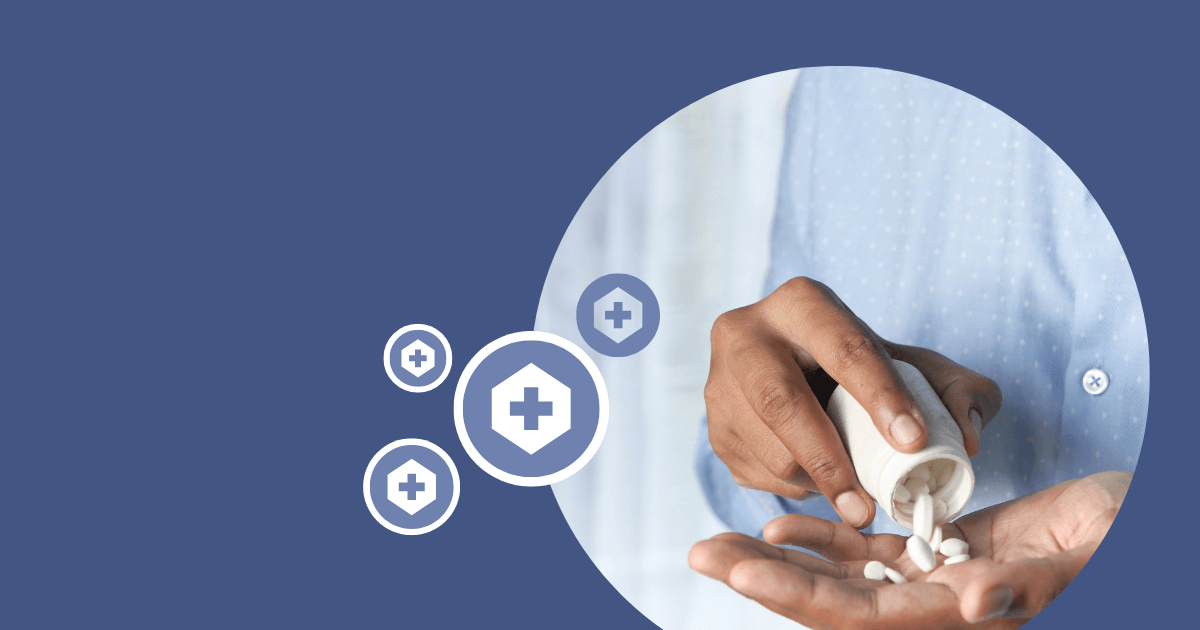
Dr. Vibha Jain has a healthcare journey spanning over 25 years, she has been working for cure and prevention by using newer technologies and innovations.
She has done residency in Internal medicine and Cardiology departments with a brief stint in private clinical practice. She pursued MBA from Symbiosis prior to joining Max Healthcare. She worked as Associate Medical Information Officer at Art Fertility Clinics, Abu Dhabi. Currently she is the Principal Consultant at Synergy Digital Solution (SDS), Dubai.
Are we all equal or are we unique? Interestingly, the answer to both questions is yes! We are equal belonging to species Homo sapiens and at the same time unique because we are not clones, every human’s genome is unique in its own special way. There are other factors too, like one’s lifestyle or the environment in which one lives which add to the uniqueness of an individual. This is exactly the basis of an emerging branch called Precision medicine.
Looking at some of the recent figures highlight the growing importance and potential of precision medicine, as well as the impact it can have on improving patient outcomes and reducing healthcare costs. The global precision medicine market is expected to reach $216.75 billion by 2028, growing at a CAGR of 9.9% from 2021 to 20281. The cost of sequencing a human genome has decreased dramatically in the past decade, from over $100 million in 2001 to less than $1,000 in 20212. As of 2021, there are over 500 targeted therapies and immunotherapies approved for use in the United States, many of which are based on genomic profiling3.
A study published in the Journal of the American Medical Association (JAMA) found that patients with advanced non-small cell lung cancer who received targeted therapy based on genomic profiling had a median progression-free survival of 10.9 months, compared to just 2.7 months for those who received standard chemotherapy. According to a study by the Personalized Medicine Coalition, the use of pharmacogenomic testing to guide treatment decisions can help avoid an average of 2.67 adverse drug reactions per patient, resulting in an average cost savings of $1,440 per patient over a five-year period4.
Precision medicine counts on advances in technology, such as genomic sequencing and electronic health records, to collect and analyse patient data. This data which includes information about a patient’s genetics, environment, lifestyle, and medical history helps healthcare providers to develop personalized treatment plans that take into account the specific needs and characteristics of each patient. This branch of medicine relies heavily on genomic profiling of a patient, as identifying individual genetic variations can help healthcare providers develop personalized treatment plans tailored to the unique needs of each patient.
There have been some good advances in this field having an edge when compared to traditional genomic profiling techniques.
- Single-cell genomics: This technique analyses the genetic material from individual cells and is especially useful in the context of cancer, where different cells within a tumor can have unique genetic profiles.
- Epigenetic profiling: analyses changes to DNA methylation or histone modifications providing a more comprehensive view of the genetic changes driving disease.
- Liquid biopsy: analysing genetic material present in bodily fluids, such as blood or urine, which can provide a less invasive way to obtain genomic information.
- CRISPR-based gene editing: While not strictly a profiling technique, CRISPR-based gene editing is an exciting area of research that has the potential to revolutionize precision medicine. By using CRISPR to selectively modify individual genes, researchers may be able to correct genetic mutations that cause disease, opening up new avenues for treatment.
- Machine learning and artificial intelligence: As the amount of genomic data being generated continues to grow, machine learning and artificial intelligence techniques are becoming increasingly important for analysing and interpreting this data. These techniques can help identify patterns and associations that may not be apparent to human researchers, allowing for more accurate diagnosis and treatment recommendations.
Benefits:
Precision medicine has the potential to reduce medical claims by improving patient outcomes and reducing the need for certain treatments and procedures. It is helpful in reducing adverse events, identify the most effective treatments for each patient, which can lead to more efficient and cost-effective care and a better understanding of the underlying causes of disease. It can also help patients take more informed decisions by providing them personalized information about their health and treatment options.
It can help in reducing hospitalizations – with remote patient monitoring using wearable or IoT devices to monitor patients’ health status in real-time, healthcare providers can identify early warning signs of complications and intervene before hospitalization is necessary. It also has a role to play in the prevention and management of chronic conditions. It can help identify patients at risk of diabetes and provide personalized prevention strategies, such as lifestyle changes or medication, to prevent the onset of the disease. For patients with existing chronic conditions, precision medicine can help healthcare providers develop personalized management plans that optimize care and reduce the need for hospitalizations or other costly interventions.
Challenges:
The use of precision medicine is not without controversy. Some critics argue that the emphasis on individualized treatments may exacerbate existing health disparities, as certain populations may be less likely to receive access to costly precision medicine treatments. Precision medicine relies on the collection and analysis of patient data, which raises concerns about data privacy and security.
Implementing precision medicine on a large scale can be challenging, as it requires significant changes in healthcare delivery and the use of technology. One of the biggest challenges facing precision medicine is the cost of genomic sequencing. While the cost of sequencing has decreased dramatically in recent years, it is still a significant expense, particularly for patients who do not have insurance coverage. While there are challenges that need to be addressed, the potential benefits of precision medicine are significant, including improved patient outcomes, more efficient healthcare, a better understanding of disease, and more informed patients
Precision medicine represents a significant shift in the way healthcare is delivered, moving away from a one-size-fits-all approach to a more personalized approach that takes into account individual differences in genetics, environment, and lifestyle. It is not just limited to cancer treatment. There are ongoing efforts to apply precision medicine principles to a wide range of conditions, from rare genetic disorders to cardiovascular disease.
The next 3 to 5 years are likely to be a period of rapid development and growth in the field of precision medicine. As our understanding of genetics and disease continues to advance, we can expect to see more personalized and effective treatments emerge, leading to better outcomes for patients.

